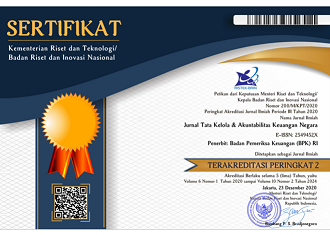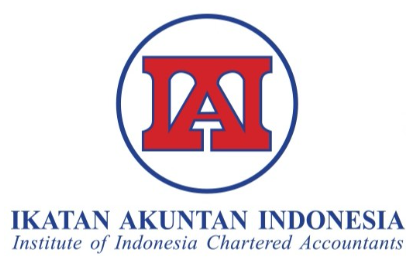Improving incentives for regional tax collectors: Aligning regulations with governance goals
Keywords:
cost-benefit analysis, regional tax, tax-collecting incentiveAbstract
This study explores inefficiencies in existing tax-collection incentive schemes, emphasizing the misalignment between their intended objectives and actual outcomes regarding performance, governance, and workload management. By employing a normative legal approach, it evaluates regulations governing tax collector incentives and assesses their effectiveness in meeting the desired outcomes. Through a cost-benefit analysis (CBA), the research proposes a more equitable incentive structure that integrates workload and performance-based factors. The findings indicate that result-based incentives often fail to account for the complexity of tax-collection tasks, leading to inefficiencies and undermining fiscal objectives. Moreover, the study demonstrates that workload-sensitive incentives can better align tax collector efforts with goals such as improved revenue generation and better governance. These incentives underscore the government’s commitment to integrity and professionalism in the tax system. The study concludes that tailoring incentives to workload variations fosters fairness and enhances accountability in tax administration. Offering innovative insights, this study proposes a balanced, workload-sensitive incentive scheme—a relatively unexplored approach in regional tax collection—which could serve as regulatory a reference under the new regional tax law.
Downloads
Submitted
Accepted
Published
How to Cite
Issue
Section
License
Copyright (c) 2025 Jurnal Tata Kelola dan Akuntabilitas Keuangan Negara

This work is licensed under a Creative Commons Attribution-ShareAlike 4.0 International License.

Jurnal Tata Kelola dan Akuntabilitas Keuangan Negara is licensed under
a Creative Commons Attribution-ShareAlike 4.0 International License





















